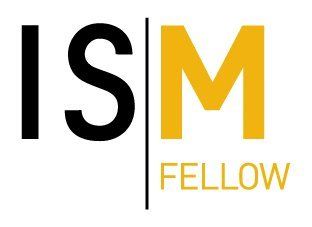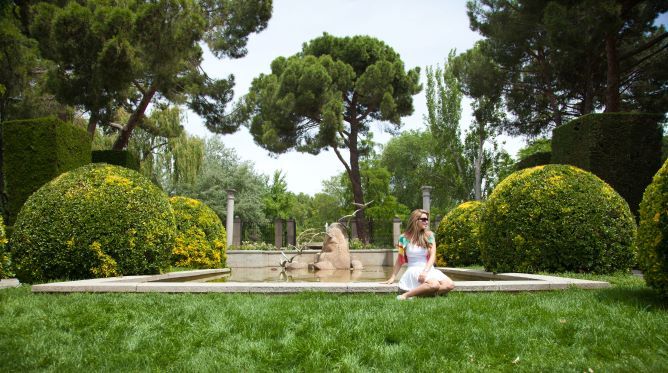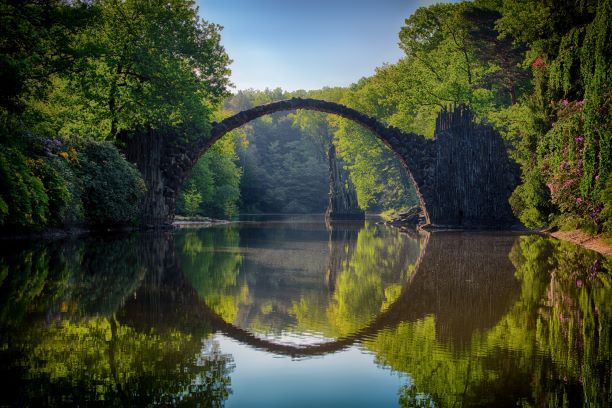Matthews Music
Rumours and reminiscences
Much of my time as a student was spent listening to anecdotes from my teachers. These were invariably preceded with 'I mustn't take up your time', after which the teacher spent the next twenty minutes doing just that. Sometimes the time might have been better spent exploring particular aspects of technique or musicianship. But it would be a mistake to think these anecdotes served no purpose. Apart from anything else, one learnt patience, a vital ingredient of musicianship, by enduring their relation. And sometimes they were very absorbing, even if some of the tales had to be taken with a pinch of salt.
Many of the anecdotes involved great names of the past; many composers led lives as romantic as their music. Chopin's sojourn at Valldemossa on Majorca with the French novelist, George Sand, led to the composition of the 'Raindrop ' Prelude. A decade later, Chopin toured Scotland, performing at the Scottish country seats. Twenty years earlier he might have bumped into Mendelssohn, who also toured Caledonia and dropped in at Abbotsford, where he met the 'Wizard of the North, Walter Scott, whose literary productions have inspired more music than any other writer apart from Shakespeare. Mendelssohn's Scottish trip led to the composition of the 'Scottish Symphony' and the 'Hebrides' overture.
Franz Liszt bestrode the piano world of the nineteenth century, the Age of Romanticism, like a colossus, bequeathing the romantic flame through his pupils to many pianists nearer our own day. One such, an example of extraordinary pianistic longevity, was Wilhelm Backhaus, who at the outset of his career met Brahms and was still performing until a month before the Moon landings. Liszt's spiritual heir was the great Hungarian-French pianist Georges Cziffra, whose heroic life story is recorded in the pianist's autobiography 'Cannons and Flowers' , a title presumably inspired by Schumann's definition of Chopin's music as 'guns buried in flowers'. And musicians' fantastic life stories became even more fantastic as legends accrued around them. Paganini, the great violinist, was reputed to have sold his soul to the devil in return for his marvellous technique. The Spanish pianist and composer, Albeniz, was rumoured to have stowed away to America at the age of 12, before touring the country on his own. Andrew Ashe, one of Britain's two greatest pre-twentieth century flute players, along with Charles Nicholson, with whom he once shared a concert platform in Bristol, was reported to be able to play multiphonics (two notes at the same time) on the flute. Similar incredible stories surrounded many musicians. Sometimes, in a spirit of self-promotion, musicians encouraged these legends.
Neither Beethoven nor Brahms, who is reported to have fallen asleep as a boy listening to Liszt, suffered fools gladly. Brahms was a formidable pianist and tales have been handed down of his drowning musicians he was accompanying with his powerful playing. Soloists who complained they could not hear themselves were congratulated on their good fortune. The soloists' reactions are not recorded. Nor is that of the irate headmaster who boomed at the young Elgar:
'Address me as Sir!'
'Sir Edward Elgar', came the reply. As of course he became, in 1904.
A slightly different example of wordplay was practised by the Irishman Charles Villiers Stanford, who for many years was a professor of composition at the RCM. When aspiring composers submitted their work to him for approval, his stock reply was,' I have seen your work, and much like it', a reply uniquely English in its ellipsism and economy. It is reminiscent of the famous reply by a hostess to a latecomer to her party:
'Mrs Smith, I'm so sorry I'm late'.
'My dear Mrs Brown, you can never come too late!'
Staff/student relations in the conservatoires were not always harmonious. On one occasion, a professor who had applied for an orchestral position was surprised to encounter one of his students at the audition venue as well, a breach of college regulations which prompted an uncordial exchange.
In a similar vein, years ago, a senior member of staff, piqued by an innocuous enquiry, told a student 'I think you're a very rude young man'. In the spirit of F E Smith, the advocate famed for tormenting judges, the student shot back 'I think you're a very rude old one.' Payback came in the final examinations, when he was failed by this professor despite being awarded a distinction by the visiting examiner. And a bassoon examination descended into farce, when the instrument fully lived up to its reputation as the clown of the orchestra, and one of the professors found the splendidly idiosyncratic performance so diverting that he had to go outside on to the fire escape to control his giggles. It is difficult to imagine such imbroglios occurring today. Life has changed considerably with the advent of the internet and the monitoring and recording of so many aspects of our lives, and everything, including the availability of money for the arts, is much tougher and tighter. But some things stay the same, and fledgling pianists who worship at the shrine of St.Cecilia practise the same exercises that Liszt did. Creative artists of all disciplines have always drawn inspiration from nature, but while Brahms advised student composers to 'walk in the woods'; the great clarinettist Charles Draper told aspiring musicians to read poetry. Advice I have followed myself; my own efforts in this direction provide the coda to this website, which we hope you have enjoyed visiting.
Matthew Thomas


